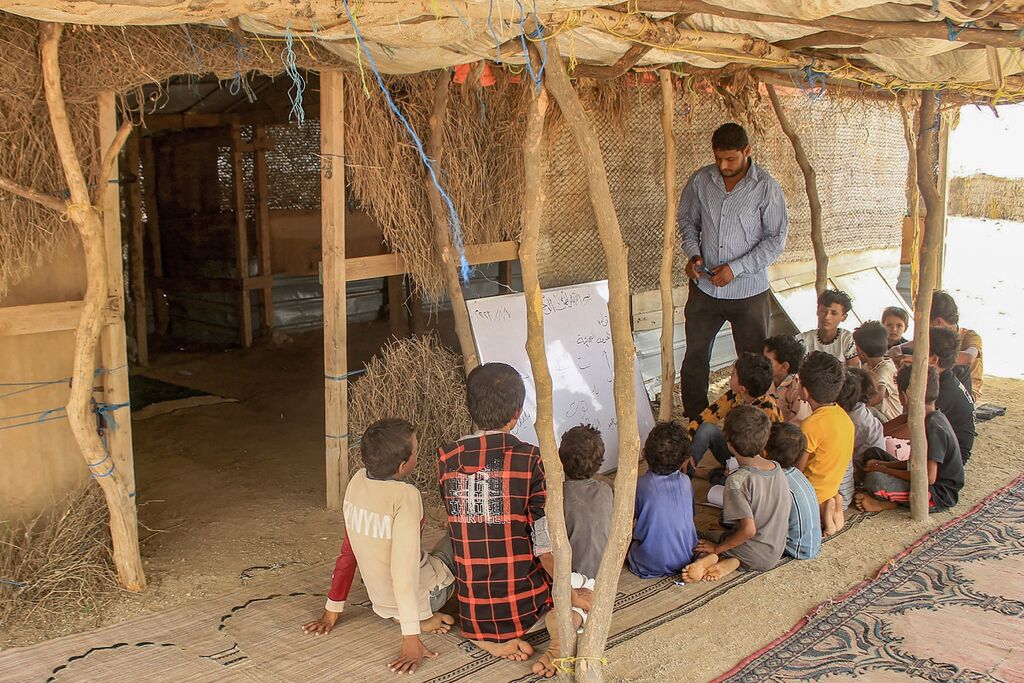The following extract from the website of the Eastern Mediterranean Region of the World Health Organization summarizes Yemen’s health system.
With 8 years of protracted conflict and humanitarian crisis, over two thirds of Yemen’s population – 21.6 million people – are in acute need of humanitarian assistance, including over 20 million people requiring urgent health assistance.
The country’s health system continues to fall short of meeting the population’s needs. Only 54% of health facilities are fully functioning, while 46% are only partially operating or entirely out of service.
“The world cannot continue to ignore Yemen. We call on expanded and sustained international support to health systems and the brave frontline health workers. I witnessed firsthand the suffering, illness, and death of innocent civilians caught up in this crisis when I visited the country. Our ultimate goal is to build a safer and healthier future for all Yemenis. Yet health can’t be attained without peace. Peace is possible and it is the only solution but needs everyone’s commitment,” says Dr Ahmed Al Mandhari, WHO Regional Director for the Eastern Mediterranean.
Overstretched health facilities are barely providing the most basic services as they struggle with lack of staff, funds, electricity, medicines, supplies and medical equipment.
Health workers are paid less than in previous years due to the severe funding shortfall, leaving health facilities facing a continuous decline in health capacities. Yemeni health workers have been serving selflessly. Millions of children and families depend on them for hope, healing, and survival.
The war – with its depressing stories of the destruction of homes, loss of lives, youth disabled, displacement, economic deterioration, compounded by the COVID-19 pandemic, cholera and other outbreaks, and recurrent natural disasters – have taken an enormous toll on people’s resilience and their mental health.


